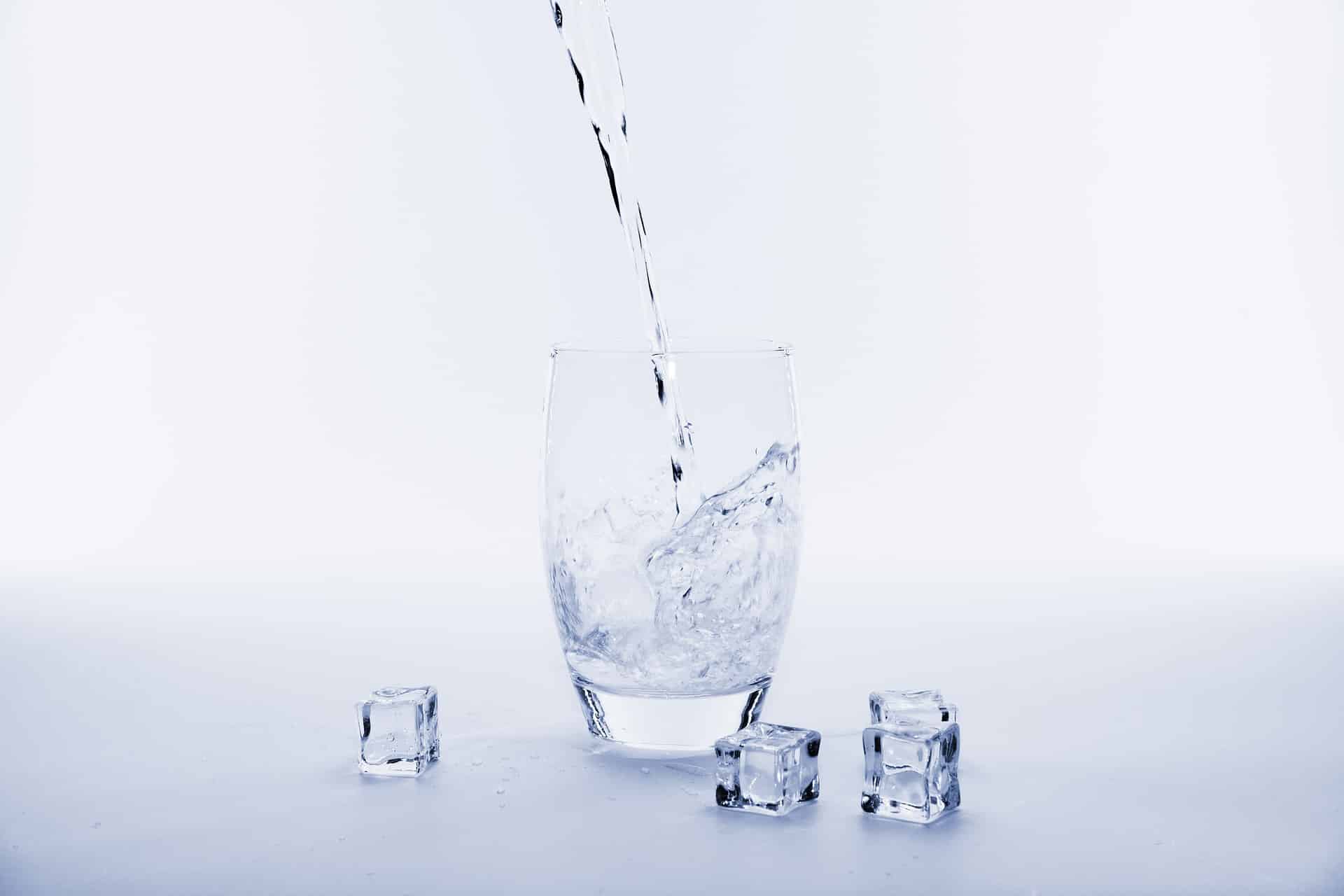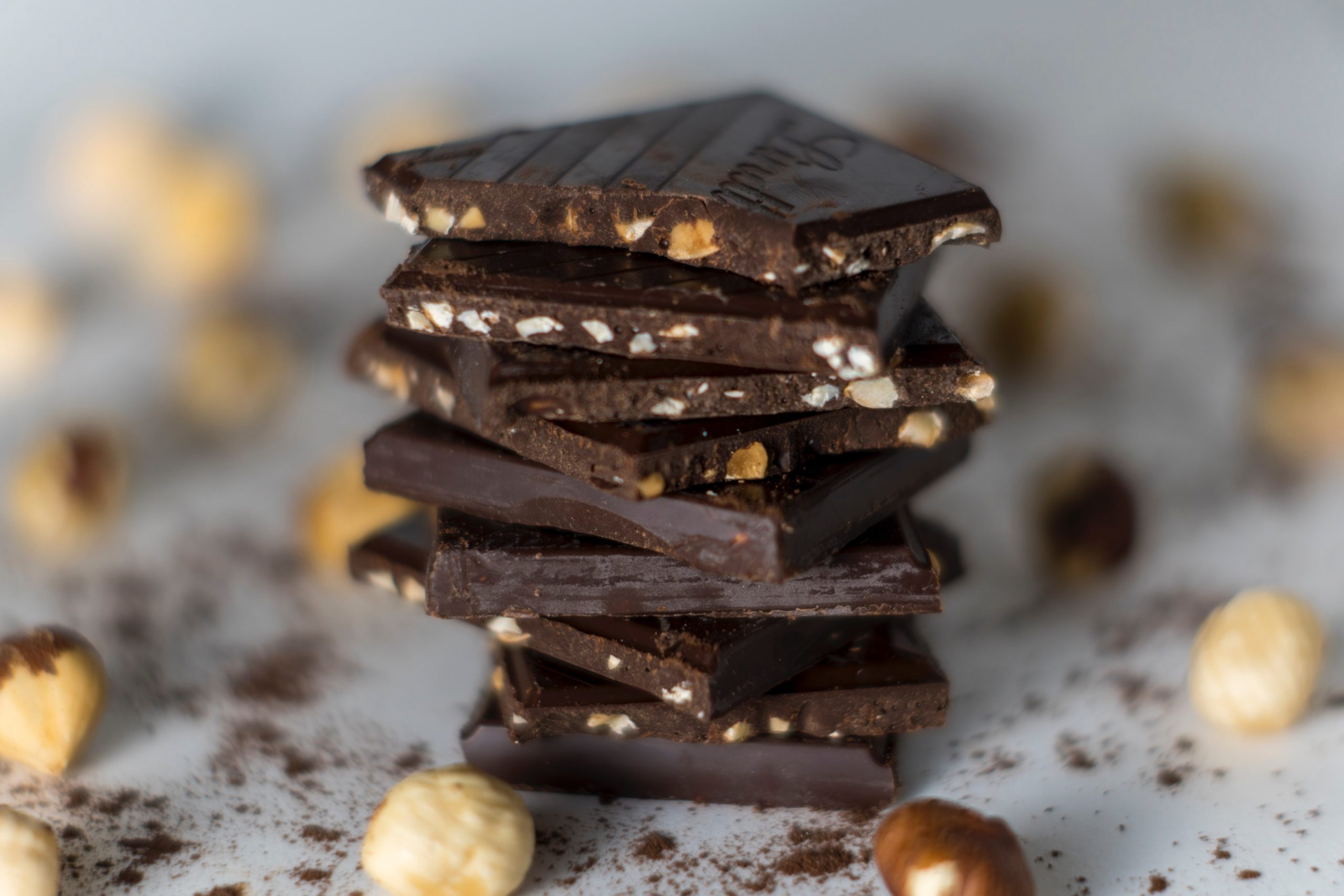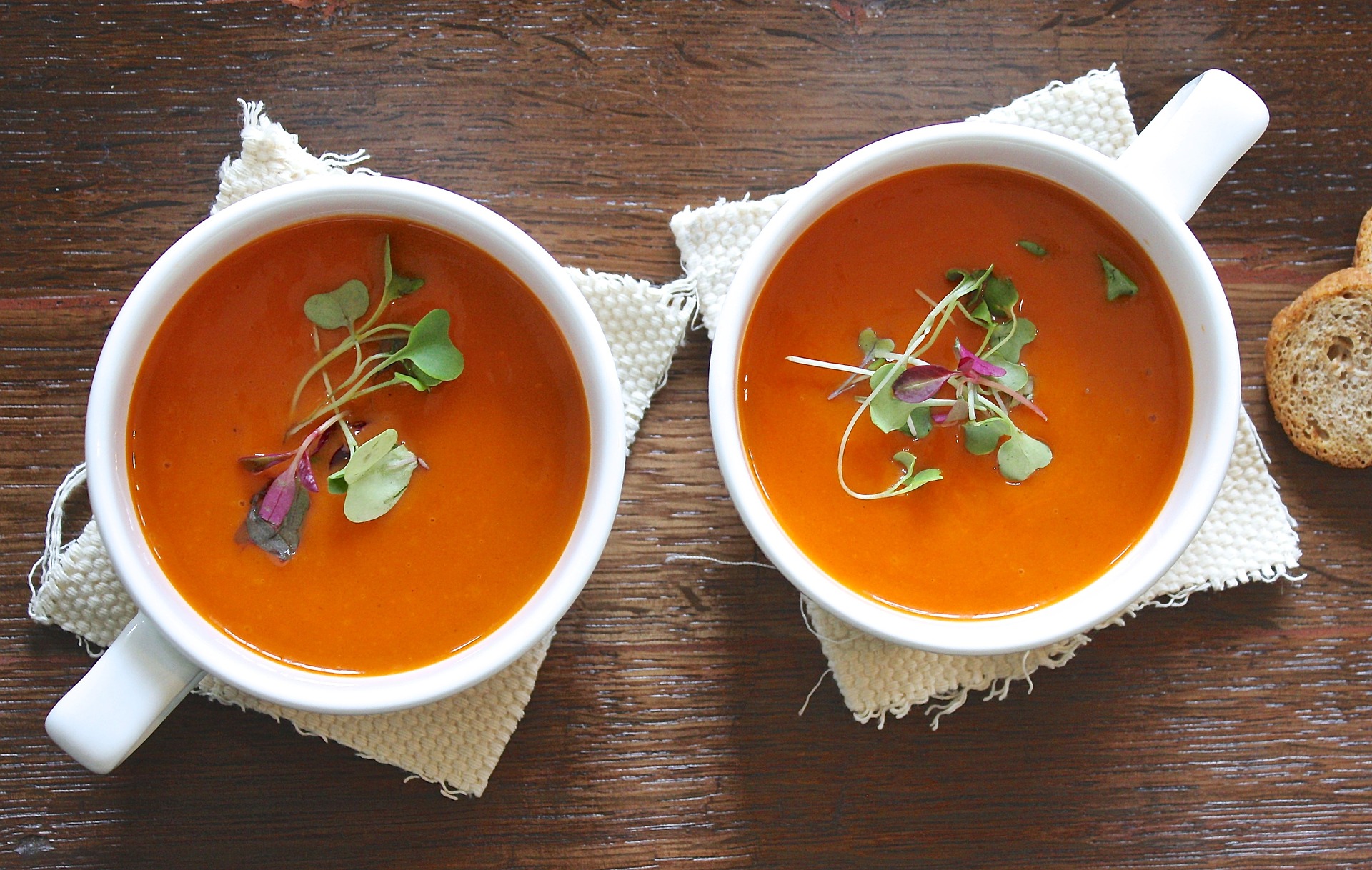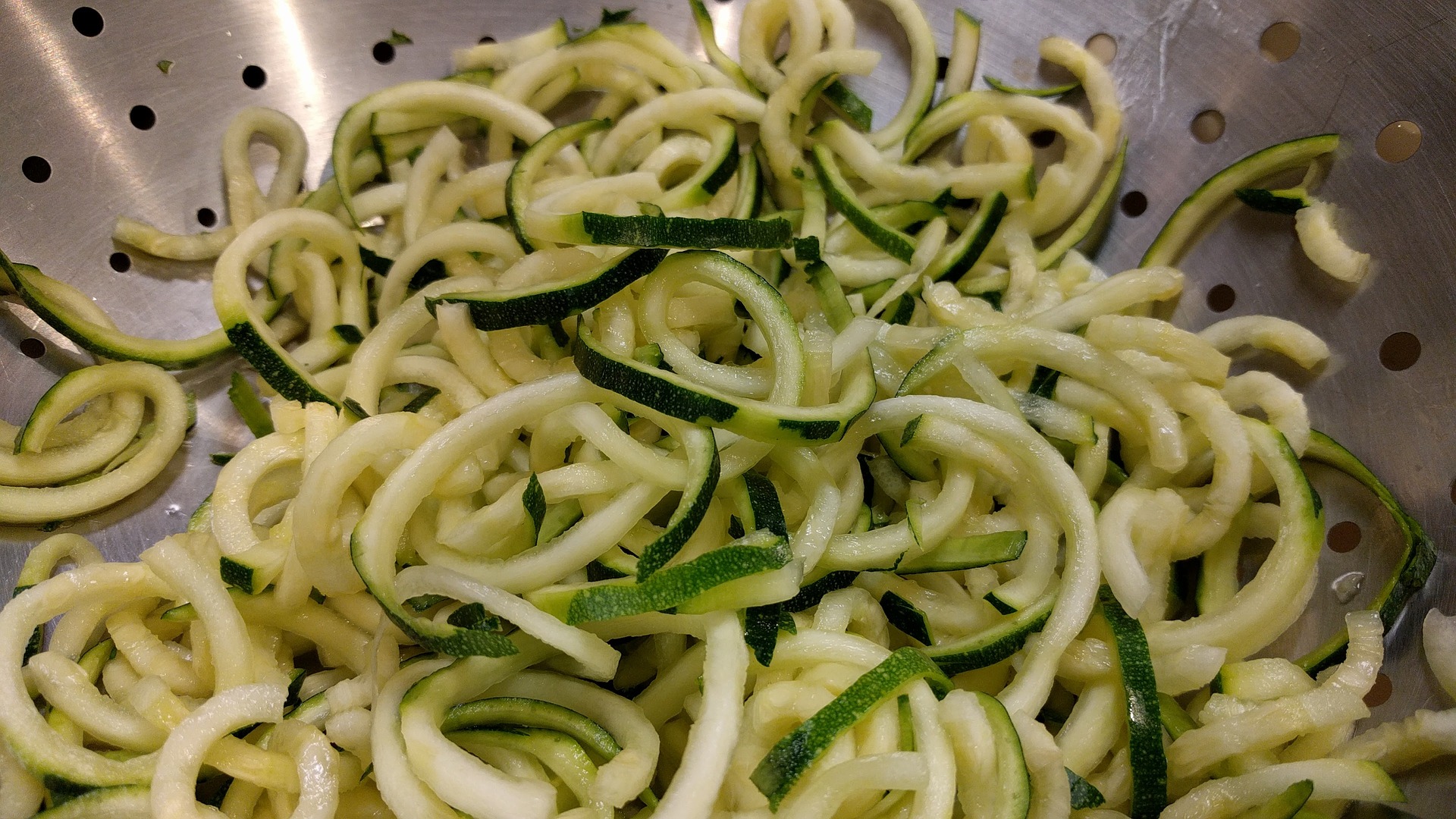Ketosis refers to a metabolic process that builds ketones in the body. Exactly what happens in ketosis? When your body does not have enough glucose to burn out, it uses stored fat in the burning process to produce energy. As a result of this process, ketones are produced. Ketogenic diet
A ketogenic diet also refers to as a keto diet, is a low-carb, moderate-protein, high-fat diet that can aid fat loss. Many research has demonstrated that it provides numerous benefits for weight loss, health, and performance. As a result, an increasing number of doctors and healthcare professionals are recommending it. A ketogenic diet is particularly beneficial for shedding excess body fat, lowering appetite, and improving type 2 diabetes or metabolic syndrome. You will discover how to consume a keto diet made up of whole foods here. This article includes everything you will need to know about a keto diet.
What is a Keto diet?
As mentioned initially, the ketogenic diet is a low-carb, high-fat diet that resembles the Atkins and low-carb diets in many ways. It entails substantially lowering carbohydrate intake and substituting fat. This decrease in carbohydrate causes your body to enter a metabolic state known as ketosis. Your body becomes very effective at burning fat for energy when this happens.
What “Keto” refers to?
The name “keto” or “ketogenic” diet comes from the fact that it causes your body to generate tiny fuel molecules known as “ketones.” When blood sugar (glucose) is in limited supply, your body might utilise this as an alternate fuel source. It also causes fat to convert to ketones in the liver, providing energy to the brain, a hungry organ that uses much energy daily and cannot run on fat. Only glucose – or ketones – can power it.
Your entire body converts to burning fat as its primary fuel source, burning fat all day on a ketogenic diet. When insulin levels plummet to dangerously low levels, fat burning can skyrocket. It gets simpler to gain access to your fat deposits to burn them. This diet is beneficial if you are trying to lose weight, but there may be other advantages. Ketogenic diets can significantly lower blood sugar and insulin levels, reduce appetite and provide a consistent energy flow. It may assist you in remaining attentive and concentrated. The body enters a metabolic condition known as ketosis when it produces ketones. Fasting (not eating anything for some time) is the quickest method to get there, but no one can fast endlessly. Additionally, a ketogenic diet causes ketosis and can consume permanently. Many of the benefits of fasting, such as weight loss, are available without fasting for an extended period.
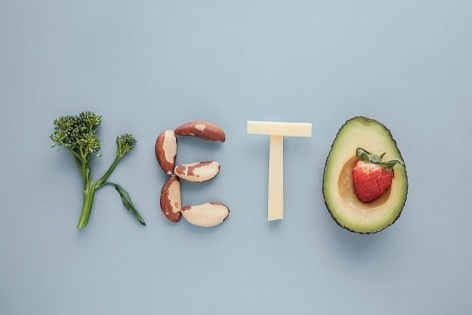
Varieties of Ketogenic diets
The ketogenic diet comes in a variety of forms, including:
SKD (standard ketogenic diet): This is a low-carbohydrate, moderate-protein, high-fat diet. It usually comprises fat (70%), protein (20%), and barely carbohydrates (10%).
CKD (cyclical ketogenic diet): This diet entails periods of increased carb refeeding, such as five ketogenic days followed by two high carb days.
TKD (targeted ketogenic diet): This diet permits you to eat carbohydrate in between exercise.
HKD (high-protein ketogenic diet): This ketogenic diet is comparable to a typical ketogenic diet. However, it contains extra protein. Typically, the fat-to-protein-to-carbohydrate ratio is 60% fat, 35% protein, and 5% carbohydrates.
Only the regular and high-protein ketogenic (HKD) diets have been thoroughly researched. Bodybuilders and athletes primarily employ more advanced ketogenic diets (cyclical or targeted ketogenic diets).
What to eat if you are on a Keto diet?
On a ketogenic diet, you can eat the following foods. The numbers illustrate net carbohydrates per 100 g (3.5 oz) of food. Lower is better when it comes to staying in ketosis:
What is the most crucial step in getting into ketosis? Consume a moderate amount of carbohydrates. You will usually need to limit your carbohydrate consumption to less than 50g of net carbs per day, preferably less than 20 grams. The lower the carbohydrate count, the more beneficial the diet appears for ketosis, weight loss, and type 2 diabetes improvement. Initially, counting carbohydrates can be helpful. You can maintain keto without relying on it if you stick to the recommended foods and dishes.
Whole, nutrient-dense foods like meat, fish, eggs, and non-starchy vegetables, as well as natural fats like butter or olive oil, make up a balanced keto diet.
You can choose foods from the lists below with less than 20 grams of net carbohydrates per day.
- Meats and meat substitutes: beef, deli meats, game, lamb, organ meats, pork, poultry, sausages, tempeh, tofu
- Fish and seafood: fish of all types, crab, shrimp, tuna, squid, lobster, anchovies
- Eggs: as boiled (hard or soft), omelettes, scrambled, fried, poached
- Keto-friendly vegetables: cauliflower, avocado, broccoli, cabbage, zucchini, spinach, asparagus, green beans
- Fruits and berries: blackberries, coconut, lemons, limes, raspberries, strawberries
- Nuts and seeds: almonds, brazil nuts, hazelnuts, macadamia nuts, peanuts, pine nuts, walnuts
- Cheese, butter, cream, and full-fat dairy
- Fats and sauces
What foods to avoid if you are on a Keto diet?
- Sugary foods:
Sugary foods are not healthy on almost every diet, and keto is no exception. Soda, sweets, sports drinks, cookies, biscuits, sweets, cakes, sweetened yoghurts, pastries, ice cream, and cereals are all sugary things you should avoid. For keto, most fruits are too much sugary. A one-cup serving of mangoes, grapes, or bananas contains a whole day’s supply of carbohydrate.
- Starchy foods: Bread, tortillas, pasta, rice, couscous, potatoes, French fries, chips, crisps, bagels, crackers, legumes (most dry beans), cereal, porridge, oatmeal, and muesli, whole grains, quinoa
Many of the foods under the “healthy” label contain sugar, which might impede you from achieving your health goals or losing weight.
There are numerous great keto-friendly options for these dishes. If you try them, you might not miss the carbohydrates.
- Keto bread, keto pasta, keto rice, and keto porridge
- Root vegetables and tubers: potatoes, sweet potatoes, carrots, parsnips
- Unhealthy fats: processed vegetable oil, mayonnaise
What foods to drink if you are on a Keto diet?
On a ketogenic diet, what may you drink? Water is the ideal fluid, though coffee or tea will suffice. Use no sweeteners, especially sugar, if possible.
A touch of milk or cream in your coffee or tea is fine, but keep in mind that if you drink numerous cups in a day, the carbs can mount up quickly. It is also acceptable to have a glass of wine now and then.
Health benefits of keto diets
There are various benefits to following a keto diet. Some of them are,
- Aid weight loss
- Control appetite
- Control blood sugar
- Tool for treating neurological diseases
- Energetic
- Increased mental performances
- Enhanced physical endurance
- Have benefits for various other health conditions like heart diseases, cancer, Alzheimer’s disease, brain injuries, Parkinson’s disease, and many more
Who is not a good fit for the ketogenic diet?
A keto diet is not without controversy and fallacies, but it appears very safe for most people. The following three groups, however, frequently necessitate special attention:
- A patient who takes diabetes medication, such as insulin
- A patient who takes blood pressure medication
- A breastfeeding mother
Thus, if you are under any category mentioned above, it is wise to avoid ketogenic diets.
However, people who are overweight, diabetic, or trying to enhance their metabolic health may benefit from a ketogenic diet. These people also at a high risk of ketosis. If your body produces a higher amount of ketones, it can be poisoned to the body. Elite athletes and those looking to gain a lot of muscle or weight may find it less suitable. It could not be a viable option for some people’s lifestyles or tastes. Nevertheless, consult your doctor about your diet and goals to see if a ketogenic diet is good for you.


